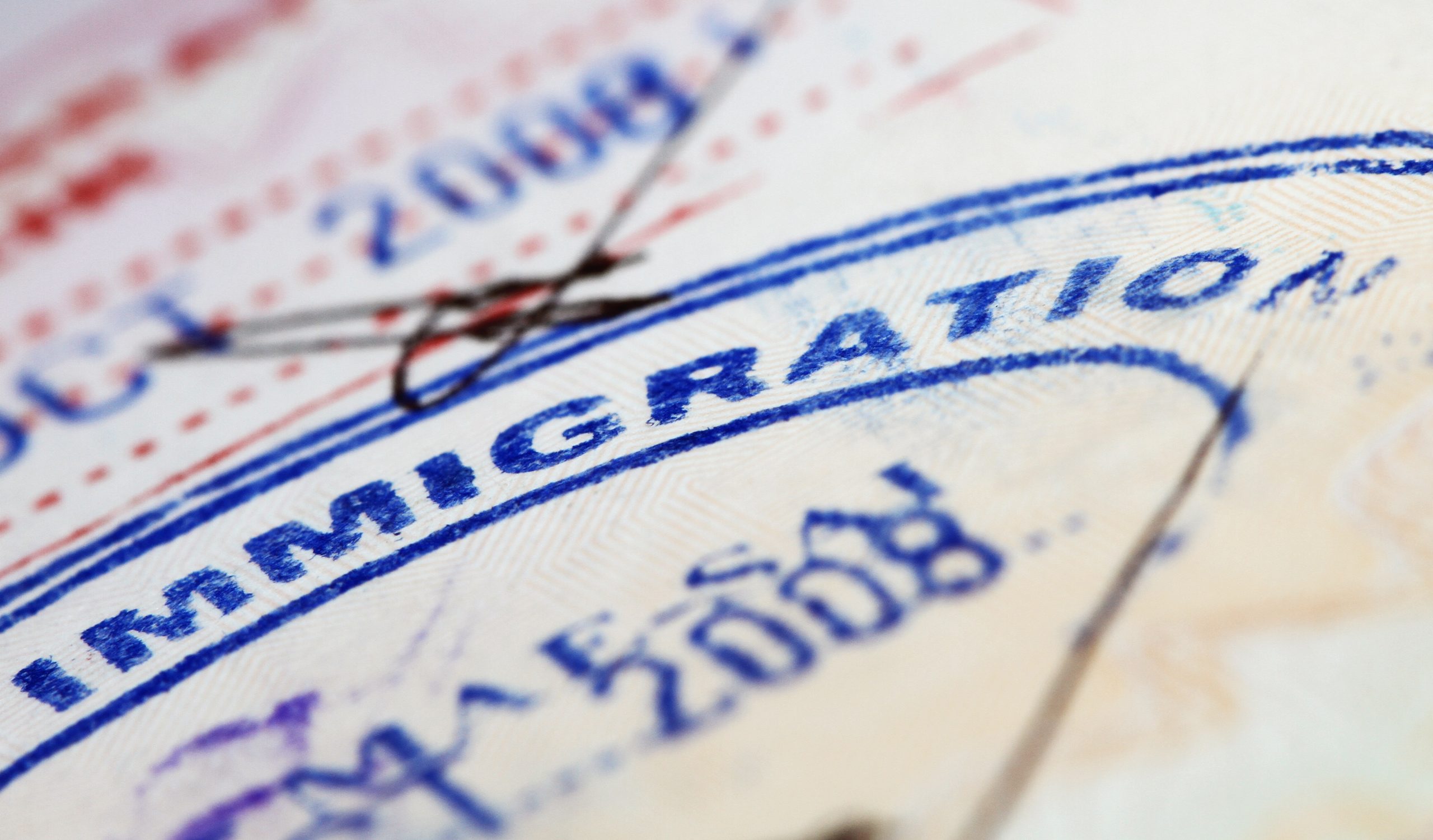Interested individuals should apply to the Head of the Department immediately indicating which courses they would be willing to offer and in what term they are available. Appointees will be responsible for the organization and conduct of the course. All courses will be standard 3-credit courses.
Term Dates for Winter Session 2022:
Term 1: September 6 – December 7. Exams December 11-22.
Term 2: January 9 – April 13. Exams April 17-28.
Courses:
- POLI 101 Introduction to Canadian Politics
- POLI 301 Canadian Political Parties
- POLI 307 Quebec Government and Politics
- POLI 308 Issues in Canadian Politics
- POLI 316 Global Indigenous Politics
- POLI 321 Chinese Politics and Development
- POLI 322 Japanese Government and Politics
- POLI 329 Gender and Politics
- POLI 332 Politics and Government of Latin America
- POLI 333 Issues in Comparative Politics
- POLI 361 International Violence and Its Control
- POLI 369 Issues in International Security
- POLI 370 Issues in International Conflict Management
- POLI 375 Global Environmental Politics
- POLI 379 China in World Politics
- POLI 385 Public Opinion and Elections
- POLI 405 Topics in Canadian Politics
- POLI 406 Aboriginal Peoples and Canadian Politics
- POLI 422 Selected Problems in Comparative Politics
- POLI 464 Problems in International Relations
Applicants should e-mail a statement of interest indicating teaching competencies, a current c.v. and summaries of past teaching evaluations.
Positions are subject to final budgetary approval and enrolments, and are governed by UBC’s “Agreement on Conditions of Appointment for Sessional Lecturers”. The current minimum salary is $7962.24 per 3-credit course.
Equity and diversity are essential to academic excellence. An open and diverse community fosters the inclusion of voices that have been underrepresented or discouraged. We encourage applications from members of groups that have been marginalized on any grounds enumerated under the B.C. Human Rights Code, including sex, sexual orientation, gender identity or expression, racialization, disability, political belief, religion, marital or family status, age, and/or status as a First Nation, Métis, Inuit, or Indigenous person. All qualified candidates are encouraged to apply; however, Canadians and permanent residents will be given priority.
Preference will be given to candidates with a completed Ph.D.


